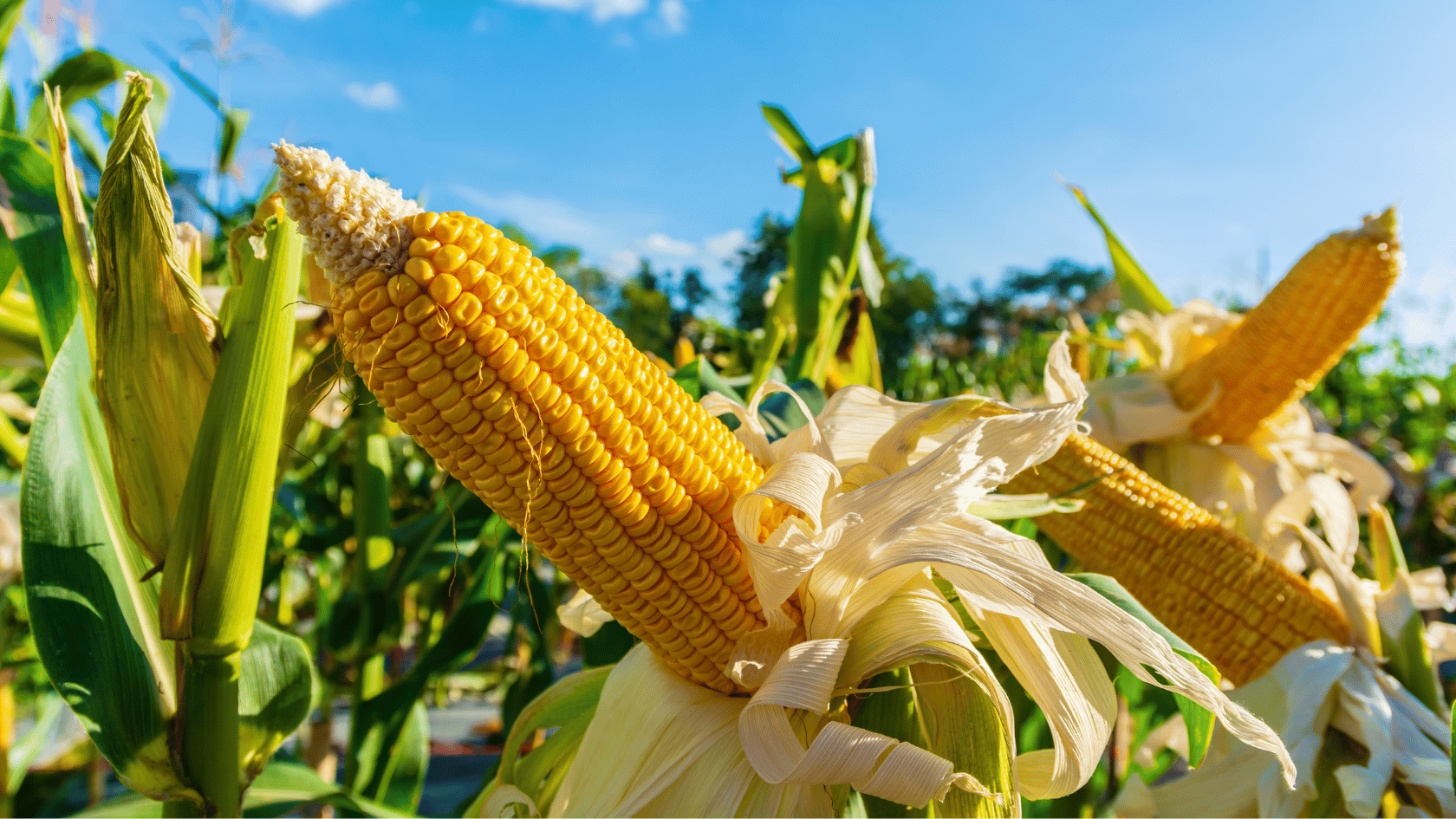Fusarium, a devastating fungal disease, poses a significant threat to corn (maize) crops across the globe. As one of the most widespread soilborne fungal diseases, its impact on agricultural production cannot be understated. Fusarium not only affects corn throughout its growth cycle damaging roots, stalks and leaves, but it also contaminates kernels with harmful mycotoxins, endangering the health of humans and livestock alike.
The scale of the problem
On a global scale, the health and economic burden caused by mycotoxigenic Fusarium species is estimated in the hundreds of millions to billions of dollars annually. Fusarium infection not only diminishes yields and quality but also leads to mycotoxin contamination, severely affecting food safety standards.
Despite the scale of the threat, Fusarium has historically received less attention from corn growers compared to other diseases, leaving a critical gap in effective treatment development. Compounding the challenge is the increasing problem of chemical fungicide resistance, especially for classes of active ingredients like triazoles, strobilurins and benzimidazoles.
Today, the majority of fungicides on the market are chemically based, typically targeting a specific metabolic route within the disease. As a result, farmers are applying these fungicides more frequently and at increasingly higher doses just to maintain the same level of control. This repeated and intensified use places significant selection pressure on Fusarium populations, accelerating the development of resistant strains. Over time, the fungicides become less effective – a vicious cycle similar to the overuse of antibiotics in human health. In both cases, the solution becomes part of the problem.
The need for biological solutions
Modern agriculture is reaching a turning point. The limitations of chemical treatments including the risk of resistance, environmental impact and the banning of certain substances, are all driving growers towards biological disease control alternatives. Unlike chemical fungicides, biological products, particularly those based on living organisms like fungi, have multiple modes of action.
This natural advantage makes biological products powerful tools for effective disease control and resistance management. Certain fungi also boost plant and soil health, addressing both biotic and abiotic stresses. It’s the result of nature’s own R&D, refining microorganisms over millions of years for resilience and performance.
Biological solutions in agriculture have historically been dominated by bacteria-based products, which are easier to produce but offer more limited and simplified modes of action compared to fungi. Currently, the majority of microbial products in the US, Europe and LATAM are bacterial, including all five biostimulant species recognised under Europe’s Fertilising Products Regulation. Of the 94 reported biologicals targeting Fusarium graminearum in the US, most are also bacteria-based. However, in other uses, repeated applications of bacterial products has led to resistance, such as with Bacillus thuringiensis, underscoring a major opportunity in the development of more complex, effective and durable fungal-based biofungicides, bioinsecticides and biostimulants.
FA Bio’s breakthrough approach
FA Bio believe that fungi hold the key to addressing Fusarium in corn more effectively. Some fungi naturally integrate into the plant’s biology, forming intimate, systemic relationships and effectively working from within the plant to control the disease. This can not only protect crops but also promotes plant growth and enhances soil health, aligning with principles of regenerative agriculture.
Recognising the enormous potential of fungi, FA Bio is screening soil microbes from diverse agricultural fields to identify the most promising candidates capable of combating Fusarium in corn. Our approach leverages artificial intelligence and machine learning, using image recognition technology to rapidly and accurately optimise our screening processes.
Unlike simpler bacterial treatments, developing fungi-based biologicals demands deep expertise and a long-term vision. Living fungi offer resilience and multi-faceted benefits that chemical or bacterial alternatives cannot match.
Toward a regenerative future
By pioneering fungi-based microbial solutions, FA Bio aims to close the existing gap in Fusarium management for corn growers. Our research and developments not only address immediate disease challenges but also contribute to building healthier soils, stronger crops and a more sustainable agricultural future.
As the agricultural sector embraces change, FA Bio is proud to lead the way with innovative, regenerative and effective solutions for the global challenge of Fusarium in corn.



